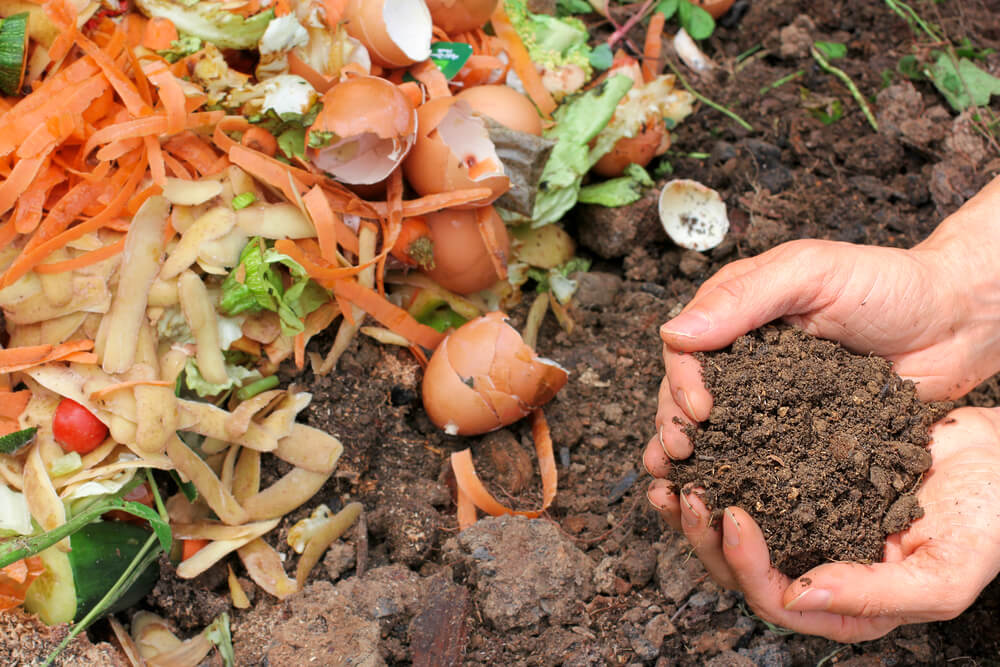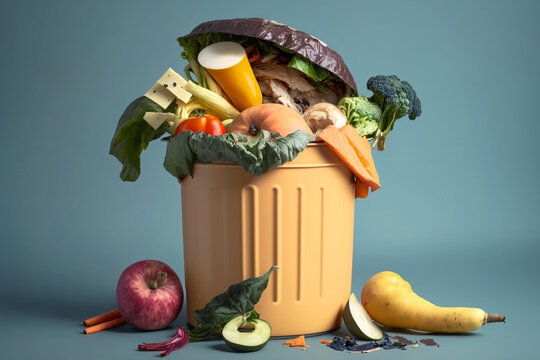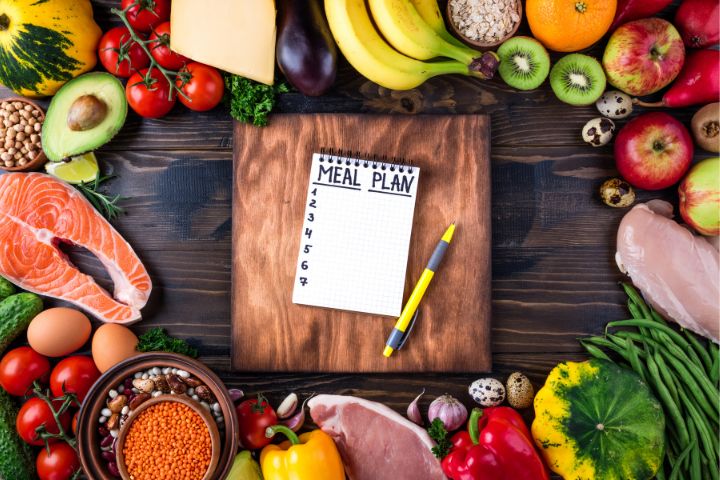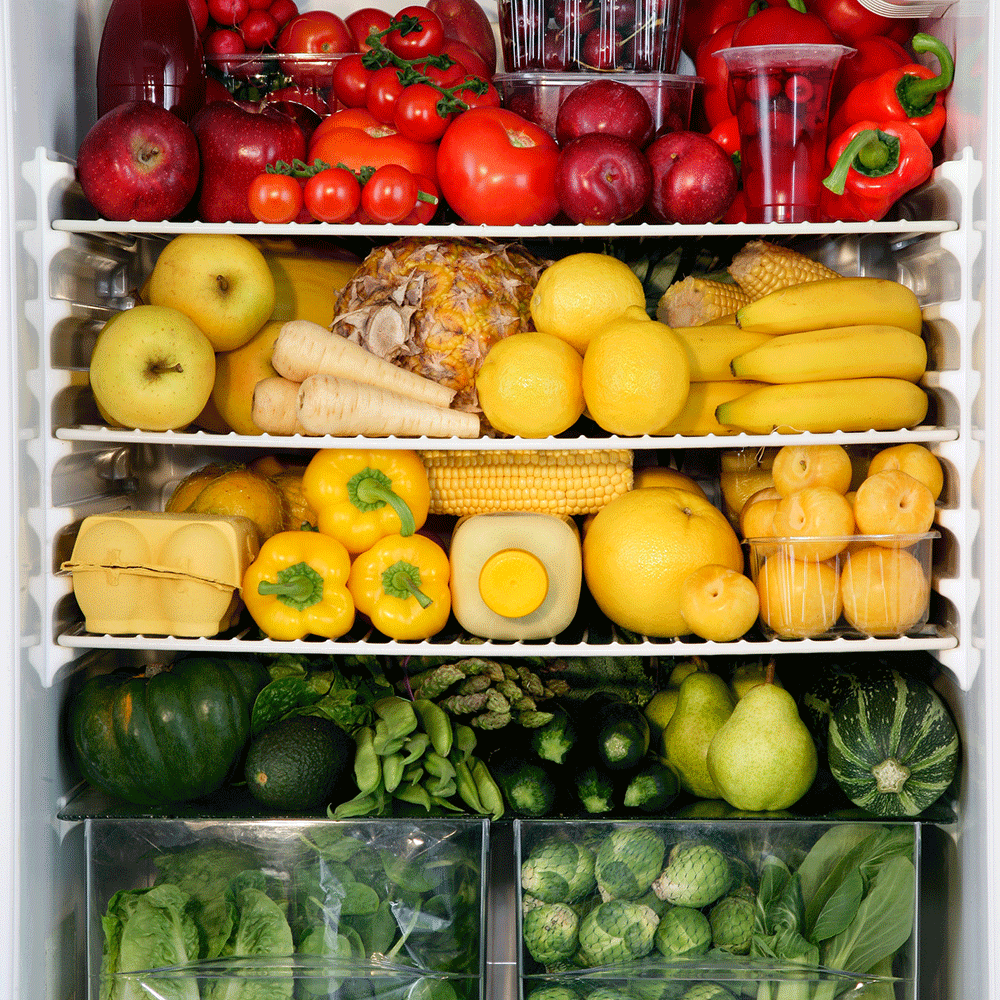

Food waste is an issue that affects not just our wallets but the planet as well.
Every year, millions of tons of food are thrown away, yet so many people around the world go hungry.
It’s not only about wasting food but also the resources like water, energy, and labour used to produce, package, and transport it. If we each take small steps, we can collectively make a big difference. Reducing food waste doesn’t require huge changes to your lifestyle—it’s all about being more mindful of how you buy, store, and use food.
Here are five effective ways to reduce food waste and do your part in helping both the environment and your household.
1. Plan your meals

One of the most effective ways to reduce food waste is by planning your meals ahead of time. This helps you avoid buying things you don’t need and ensures you use up what you already have. Before heading to the grocery store, take a look in your fridge and cupboards to see what ingredients you already have. Then, create a shopping list based on the meals you plan to make. Stick to the list when you shop, and try to avoid buying things on impulse. Meal planning also makes it easier to eat healthier, save money, and reduce food waste all at once.
2. Store food properly

Storing your food the right way can make a big difference in how long it lasts. For example, fruits and vegetables should be kept in the right place—some need to be refrigerated, while others do better in a cool, dry pantry. Using airtight containers for leftovers or opened packages can also help keep food fresh for longer. Don’t forget to use your freezer! Freezing leftovers or food that is close to spoiling is a great way to extend its life and avoid having to throw it away.
3. Use leftovers creatively
Instead of tossing out leftovers, get creative and turn them into new meals. For example, leftover stew can be made into jollof rice. There are countless ways to repurpose leftovers into something tasty. If you don’t feel like eating the same thing again right away, freeze it for later when you’re in need of a quick meal. Using leftovers can help reduce food waste and save time and effort in the kitchen.
4. Compost your food scraps

Even if you can’t eat every bit of food, you can still reduce waste by composting. Composting turns food scraps like fruit peels, vegetable ends, and eggshells into nutrient-rich soil for plants. If you have a garden, composting is an excellent way to feed your plants while reducing the amount of waste that ends up in landfills. If you don’t have a garden, some communities offer compost collection services or have local drop-off points.
5. Understand expiry dates
Many people throw away food simply because it has reached its “best before” or “sell by” date, even though it’s still safe to eat. It’s important to understand that these dates often refer to the food’s quality, not its safety. Check the food before deciding to throw it away—if it looks, smells, and tastes fine, it’s usually still good to eat. Trust your senses and try not to rely solely on the printed dates.
ALSO READ: 5 ways you can save money on food in a bad economy
This content was created with the help of an AI model and verified by the writer.
Read Full Story






















Facebook
Twitter
Pinterest
Instagram
Google+
YouTube
LinkedIn
RSS